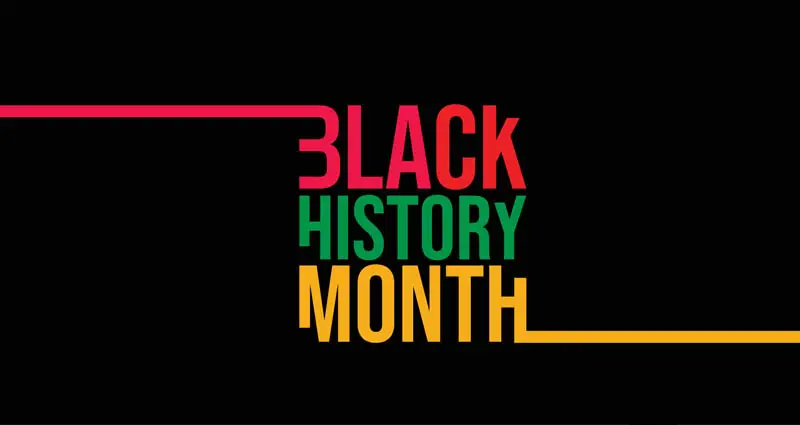October marks the start of Black History Month (BHM) UK – a time to celebrate and remember the achievements and contributions of African and Caribbean heritage peoples to British society. It’s an opportunity to share the stories of lesser-known Black Britons that we might forget if we don’t highlight them.
What is Black History Month UK?
Black History Month UK began in October 1987, started by Akyaaba Sebo, a projects coordinator in the Ethnic Minorities Unit at the former Greater London Council. He aimed to boost the confidence of Black British children and young adults by teaching them about the rich history and achievements of Black individuals in the UK.
Taking inspiration from Black History Month in the United States, the first event occurred on 1 October 1987 at County Hall, attended by American historian Dr. Maulana Karenga, who created the Kwanzaa holiday, and Kenyan activist Wanjiru Kihoro.
Since then, it has grown into a national celebration recognized by the British government and observed across the UK. It is also acknowledged in Ireland and the Netherlands during October. In the US, where Black History Month began, it is celebrated in February, which was officially recognized in Canada in 1995 as well.
Since the 1990s, the importance of Black History Month has gradually increased in continental Europe, now observed in Germany, Belgium, and Italy in February.
What are the origins of Black History Month?
In 1926, African-American historian Carter G. Woodson established Negro History Week to promote the teaching of Black History in US public schools. Over time, with the support of the Civil Rights Movement in the 1960s, it expanded into the month we now recognize. In 1976, US Black History Month was officially recognized by President Gerald Ford.

Why is it celebrated at different times around the world?
In the 1970s, Addai-Sebo visited America and initiated a British version of Black History Month in 1987. The United States observes it in February to honor Frederick Douglass and Abraham Lincoln, while October was chosen for Black History Month UK due to its significance in the African calendar and the start of the academic year.
Why should we treat Black History Month celebrations in the US and UK separately?
Initially, Black History Month UK centered on African American history, but has since shifted to focus on Black British history and notable figures within the UK.
Highlighting British Black history is important because the community encompasses diverse cultures and backgrounds, with histories that precede the Windrush generation and connections to Africa and the Caribbean.
Why is Black History Month UK 2024 important?
Following the anti-black racism protests in 2020, discussions about Britain’s colonial past have intensified, prompting organizations to adopt diversity and inclusion in their policies. Despite progress, more work is needed for UK Black history to be recognized in mainstream narratives. We must preserve and authentically share the stories of lesser-known Black Britons.
Historian David Olusoga stated that “[UK] Black history includes many missing chapters of British history.” Black History Month serves as a platform to highlight these stories and ensure individuals and events are not forgotten in a non-inclusive curriculum.
What are the goals of Black History Month in the UK? – to celebrate the achievements of people of African and Caribbean heritage, educate the public on their contributions to modern Britain, and encourage the adoption of equality and diversity policies by governments and institutions.

